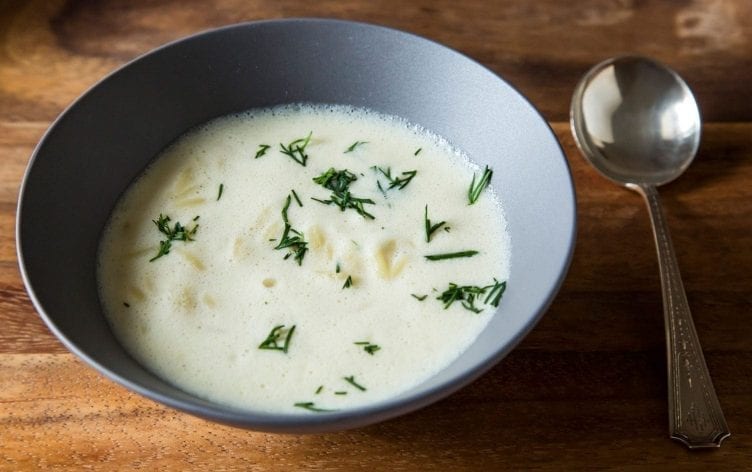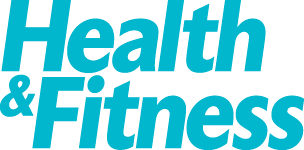

We cover a lot of ground when it comes to nutrition at MyFitnessPal. Some of the topics can be tricky and deserve further explanation from our experts.
That’s why I’m here! We asked you for your burning questions on our Facebook page, and we got more than 140 responses. Every few weeks, I’ll pick a few of your questions to answer in detail. This installment is all about calories.
Cutting back on calories is the primary approach most people take to meet their weight-loss goals. But it is possible to take calorie restriction too far, ultimately making weight loss more difficult by slowing your metabolism? When your body senses you’re not getting enough nutrients from food, it may slow down your metabolism as protection against the possibility of starvation.
As a general rule, most people need at least 1,200 calories to feed their everyday activities, metabolism and bodily mechanisms. People who are more active and exercise regularly usually need more.
A diet with too few calories may not only hinder weight-loss efforts, but could also make it difficult to meet your daily vitamin and mineral needs, and have an overall negative impact on your health. And depending on how much you are exercising, too few calories means not enough fuel to execute optimal calorie burn.
READ MORE > WHAT 1,200 CALORIES A DAY LOOKS LIKE [INFOGRAPHIC]
Protein is a very good thing — it regulates blood sugar, preserves muscle strength and is essential in helping the body build and repair cells, muscles, organs and skin. It also takes more energy to digest than sugar and refined carbohydrates and keeps us full. Most of us have little trouble meeting the minimum amount; the average American consumes about double the amount of protein we actually need. Eggs, chicken and the occasional protein shake are good, but make sure you’re looking beyond just protein and getting in enough plant-based foods like fruits, veggies and whole grains, too.
As far as too much, there are no rigorous long-term studies that can give us an exact answer. But what we do know is this: There does seem to be a limit on how much protein the body can use at a given time. One study from the Journal of the American Dietetic Association found that, on average, subjects who ate 90 grams of protein in one meal got the exact same health benefits as those who ate 30 grams.
When you’re meal-planning, consider the whole package: fats, good carbs, vitamins, minerals and other nutrients found in whole foods (something protein shakes and powders often lack). Aim to include foods that deliver some healthy fat and fiber with each meal, and go for variety. Add fish and plant-based proteins like legumes, whole grains and nuts to your diet, too.
Here’s a great tool that’ll give you a rough idea of target protein intake, based on your individual needs.
Got another burning question for me? Keep them coming! Ask away in the comment section below, and keep up with our Facebook page for more opportunities to Ask the Dietitian.

